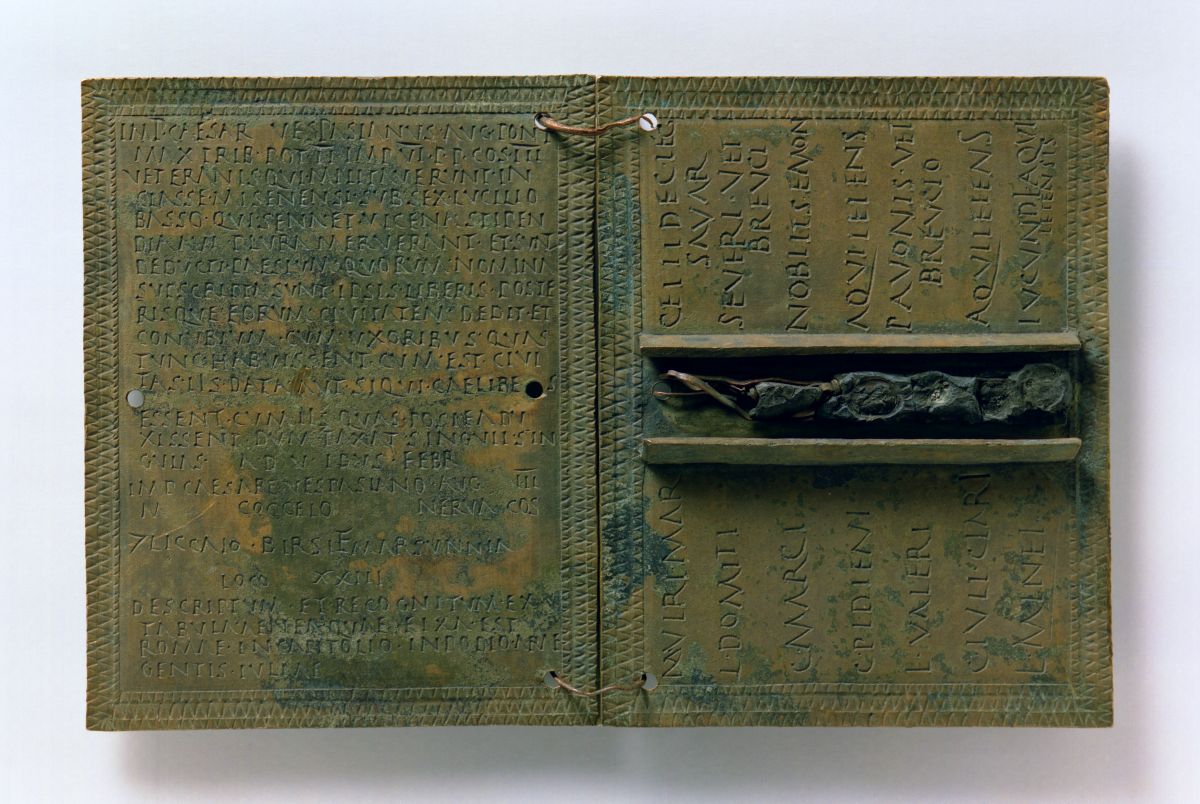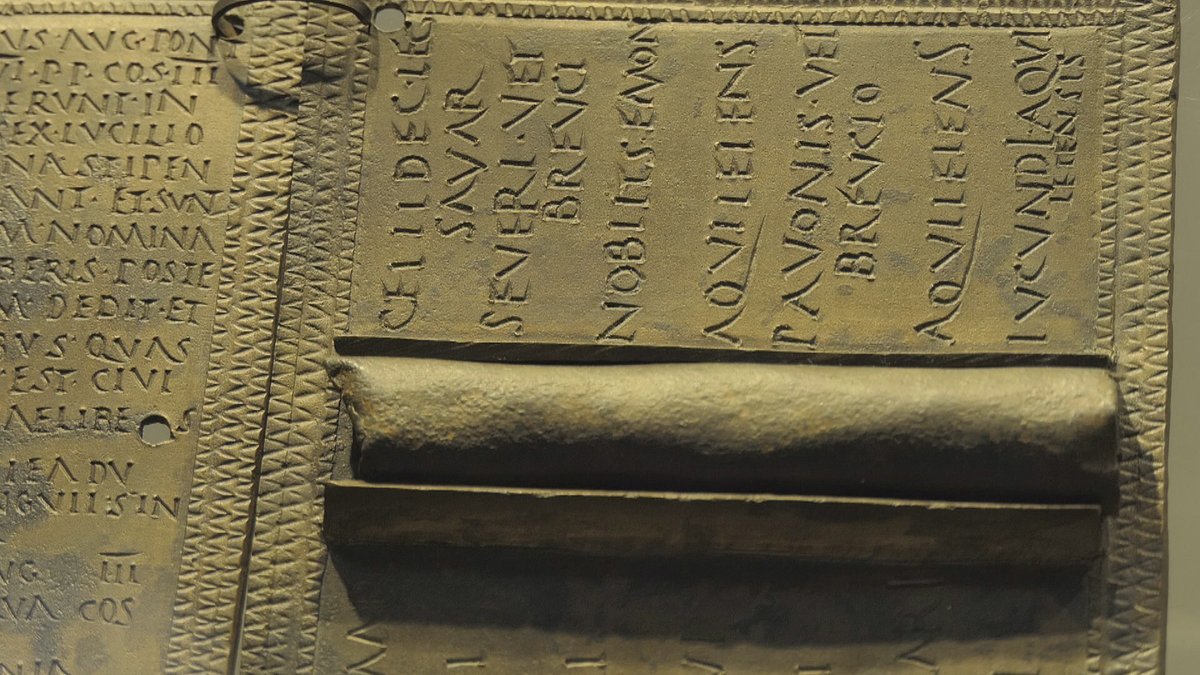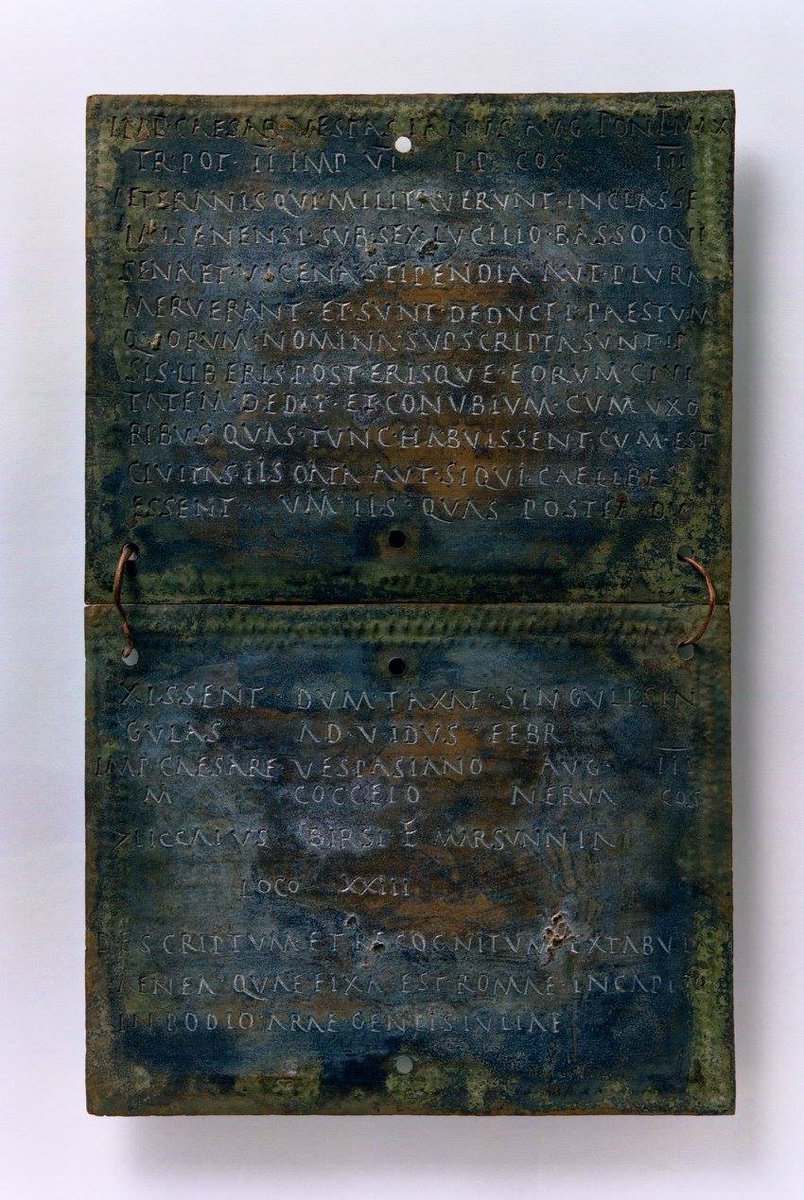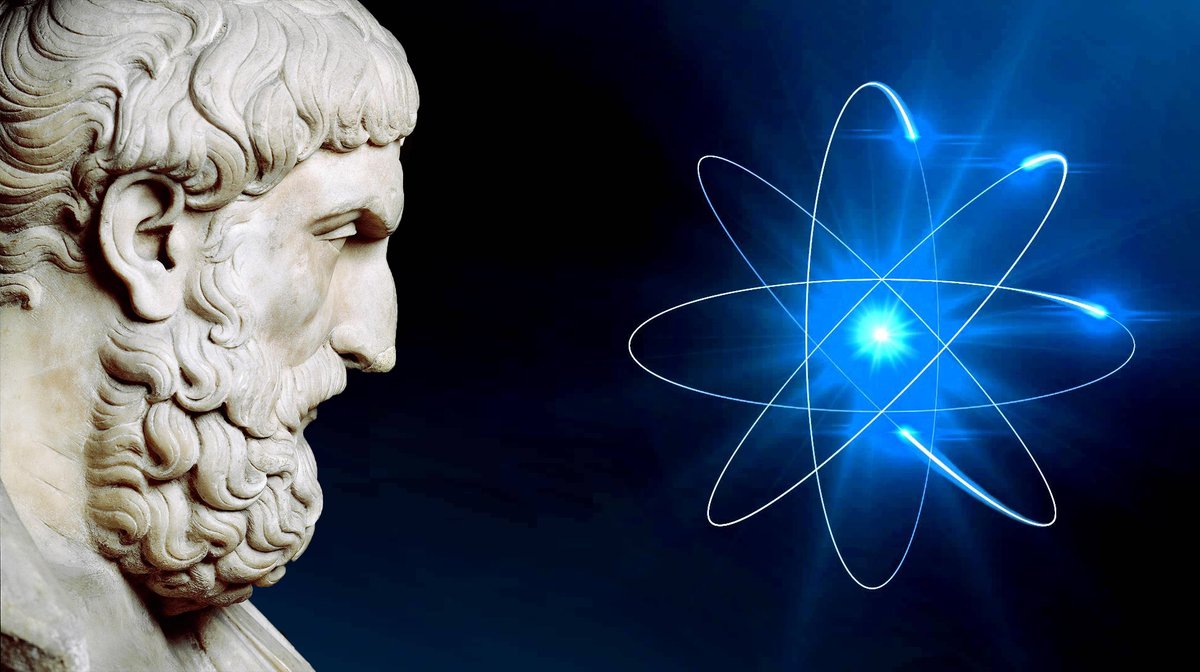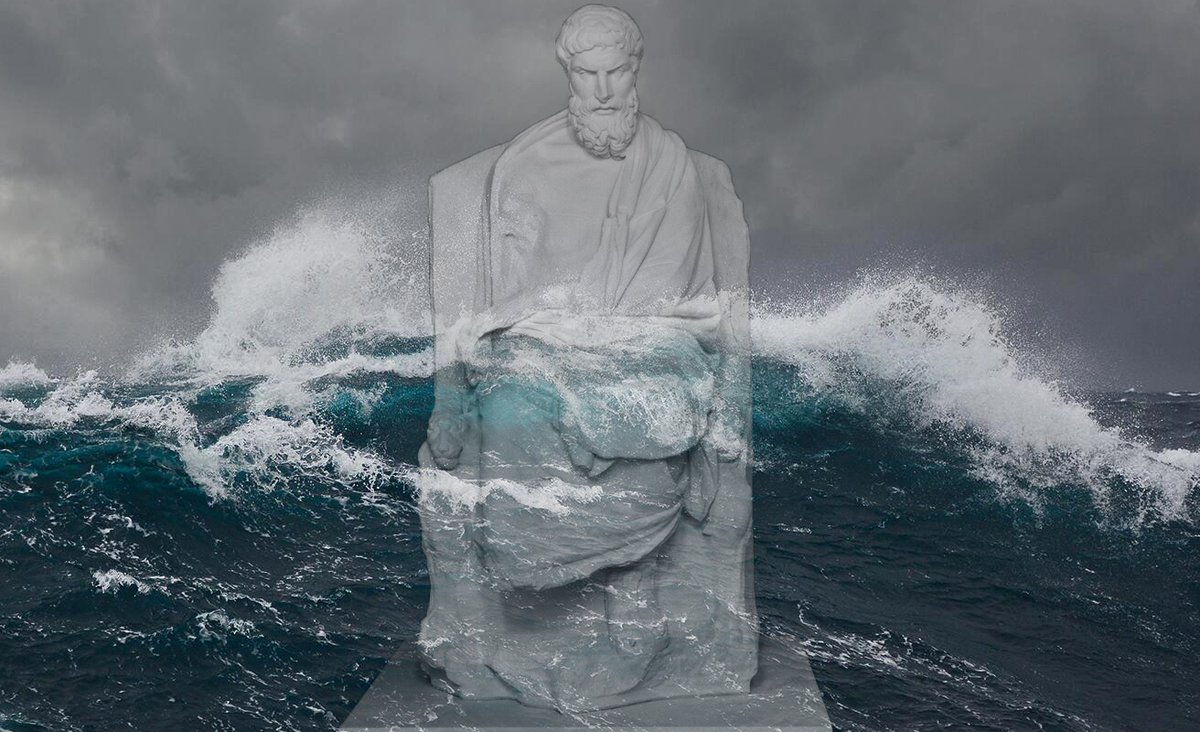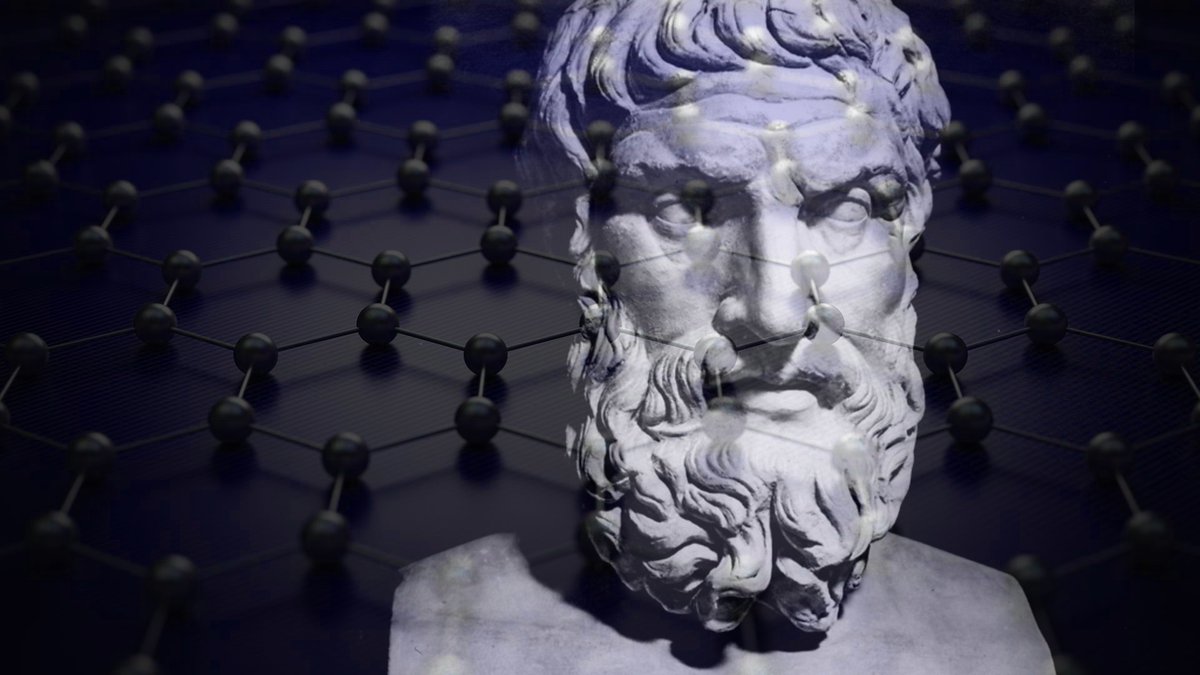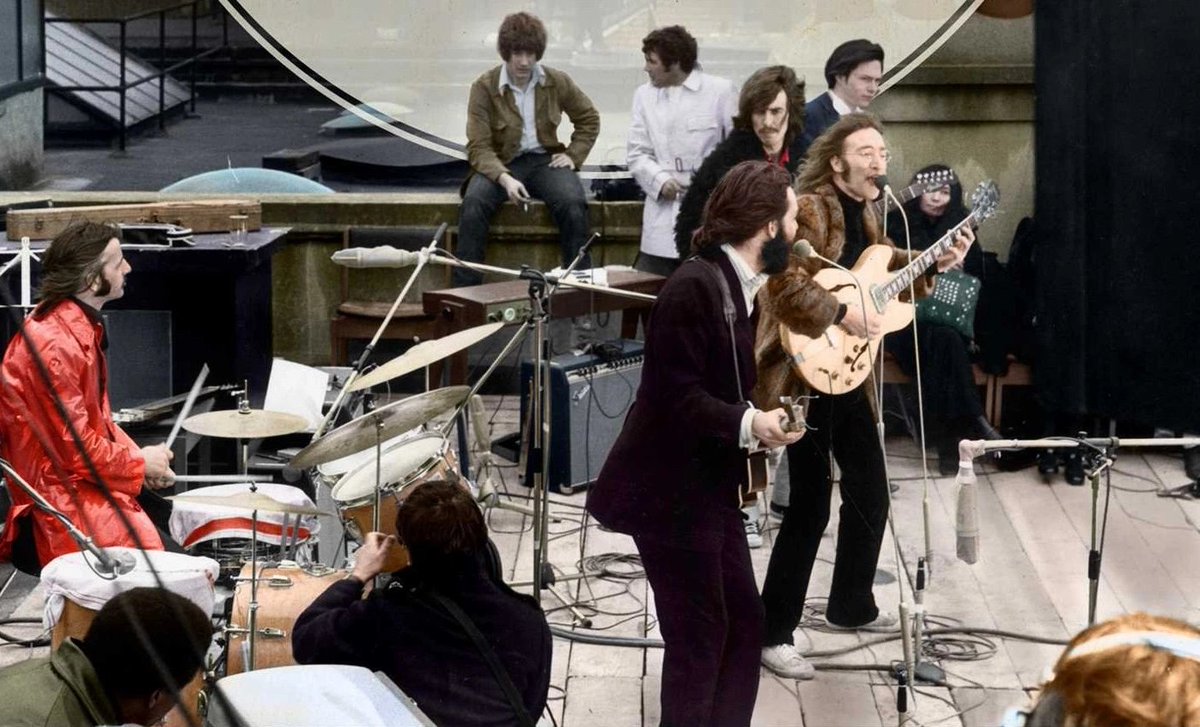
1) Pliny took a surprisingly rational approach to the question of life after death, not typical of the classical world. Whether we agree or disagree, his logical train of thought can be appreciated:
"After our last day, we are all surely just as we were before our first day...
"After our last day, we are all surely just as we were before our first day...

2) "Out of wishful thinking the mind projects itself into the future and creates a false life for itself after death; sometimes by attributing immortality to a soul, sometimes imagining we change into a new form, sometimes worshipping phantoms, or even turning a man into a god.." 
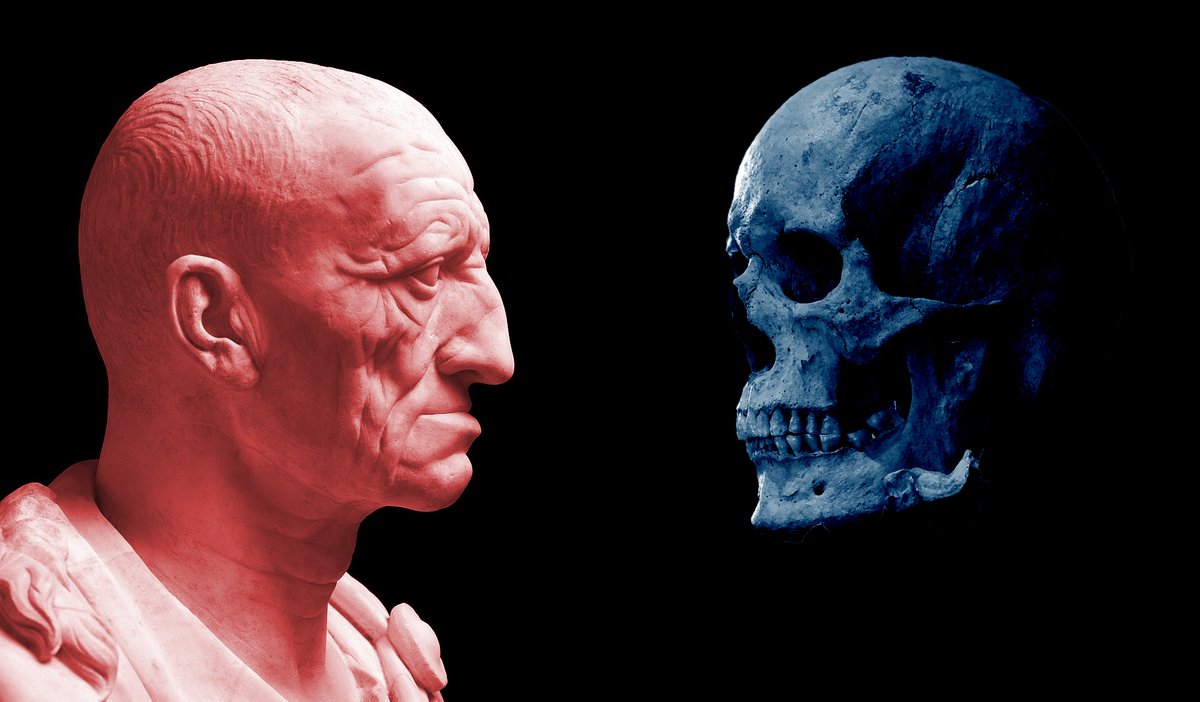
3) "It is as if the way men breathe is somehow different to other living beings, or as if there were no animals known to live longer than us, animals for which no-one ever suggests a similar afterlife.." 

4) "Let's consider this "soul" on its own: what is its substance? Where does it live? Where does it think? How does it see or hear? It must have these senses, for what good could it experience without them. Also, how enormous must be the numbers of souls from all past ages!.." 

5) "These fantasies are just the prattling of children, the product of mortal beings greedy to live forever. Our vanity in wanting to preserve our youthful bodies is much the same thing.." 
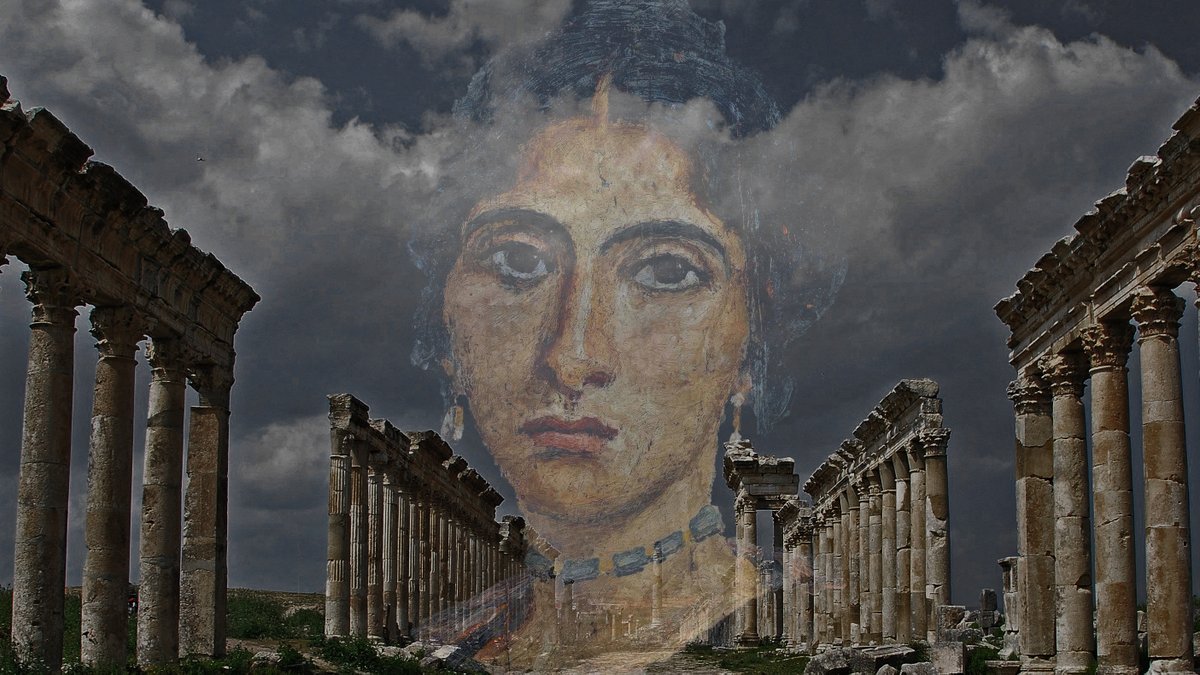
6) "Democritus promised we would all come back to life - that from a man who didn't come back to life himself! A plague on this silly idea that death begins a new life - what ease could there be for future generations if all souls lived on in the upper world and phantoms below?" 

7) "This blissful, credulous fantasy actually ruins the best thing in nature: Death. It makes someone about to die twice as anxious, worrying about what awaits them afterwards. Life is sweet but it is also sweet to finish living and to have once lived.." 

8) "How much simpler it is then for each of us to put trust in ourselves, and take comfort from the future freedom that awaits us after death. It is a state we all know - we experienced it before birth."
Pliny the Elder, Natural History, VII.188 (published in 77 AD)
Pliny the Elder, Natural History, VII.188 (published in 77 AD)

• • •
Missing some Tweet in this thread? You can try to
force a refresh







